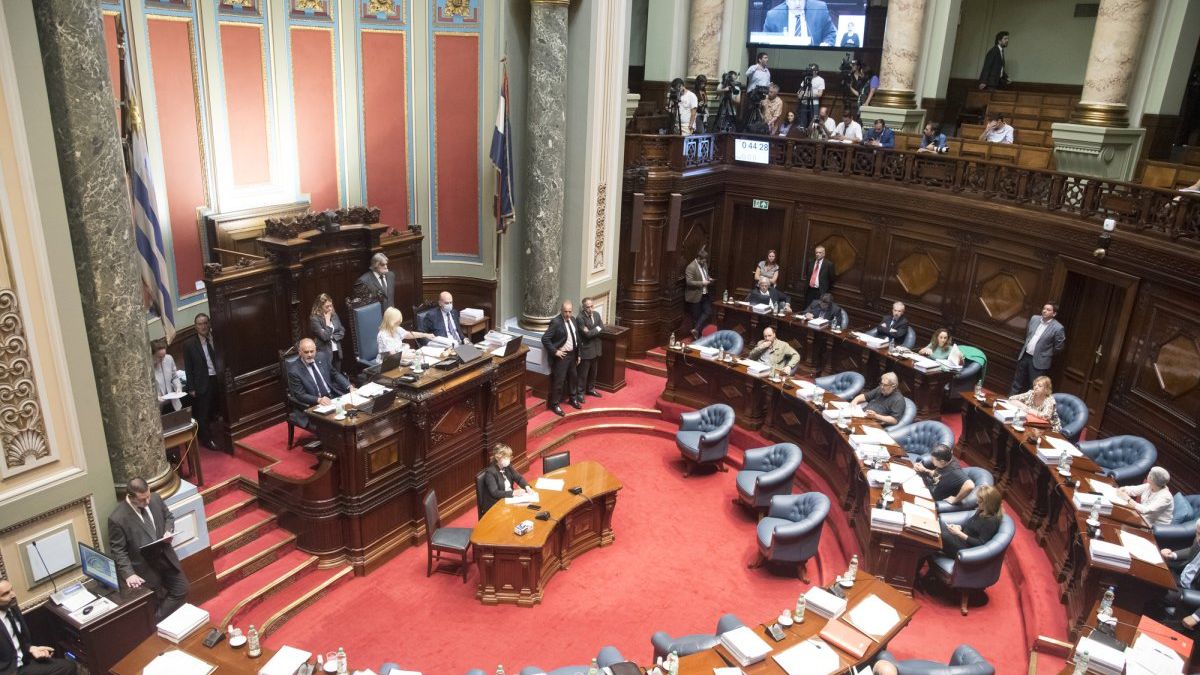a section of Broad Front (FA) presented this Tuesday at the Parliament of Uruguay a bill so that those debtors or defaulters who appear in the Clearing of Reports do not see their access compromised basic public services no state rent guarantees.
The document submitted by the Popular Participation Movement (MPP) it will be discussed first in the Constitution and Legislation Committee of the Senate with the intention of tying its treatment to that of another initiative: that of the restructuring of debts of individuals.
Meanwhile, the FA proposal seeks to “protect” the debtor and those vulnerable people who on many occasions, in addition to carrying the weight of their delinquency, must face cuts in electricity, water, telephone and other services.
What does the project presented by the Broad Front say?
The bill establishes: “The public organisms that provide basic services such as water, electricity, telephony and connectivityaccess to housing solutions either rental guaranteemay not limit access to them due to the fact that the person requesting the service is included in a database related to commercial, credit or register of delinquent debtors”.
In this sense, the text states that “the default history of a person, as well as the realization or not of refinancing of debts, will not hinder the access or contracting of said public services”.
It also provides that those public bodies that provide this type of service may not “report delays in payment of basic services to any database or registry of delinquent debtors.”
The measures will also cover home rentals. According to the file, appearing in the Clearing “will not be considered as an obstacle or impediment to contracting by real estate agents registered in the Real Estate Registry of the Rental Guarantee Service of the General Accounting Office of the Nation, of the Ministry of Economy and Finance”.
The situation of those who appear in the Clearing
According to the file presented by the Frente Amplio bench, some 900,000 Uruguayans appear in the Clearing and more of 600,000 appear under the “default” category for having exceeded 180 days in arrears.
The text explains that “the indebtedness of individuals and particularly the most vulnerable people creates real difficulties in accessing basic services, even when these services are offered by the State”.
Consequently, “many times this difficulty is caused by the processing of personal data that are included in credit databases, delinquent registers or similar”, the bill clarifies.
In addition, from the FA they clarified in the document that “this type of database or registration system for defaulters is used by public companies that inform these registries of the arrears of their users”. To exemplify, they also mentioned the Rental Guarantee Fund of the National Housing Directorate of the Ministry of Housing and Territorial Planning, which considers it for access to the benefit of the guarantee.
Source: Ambito




